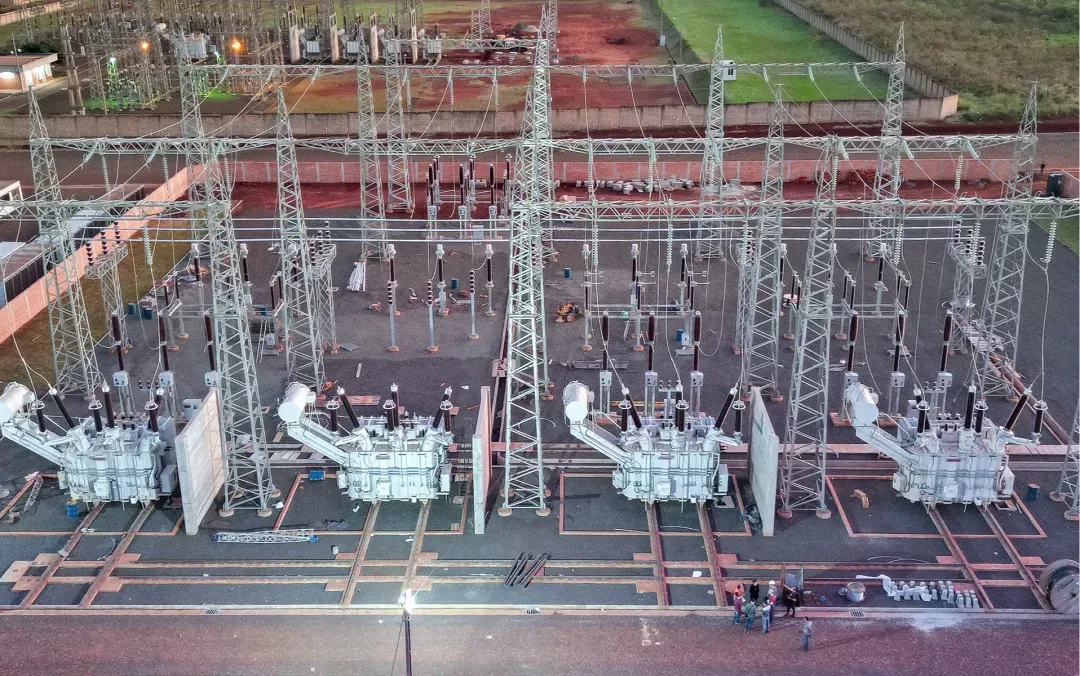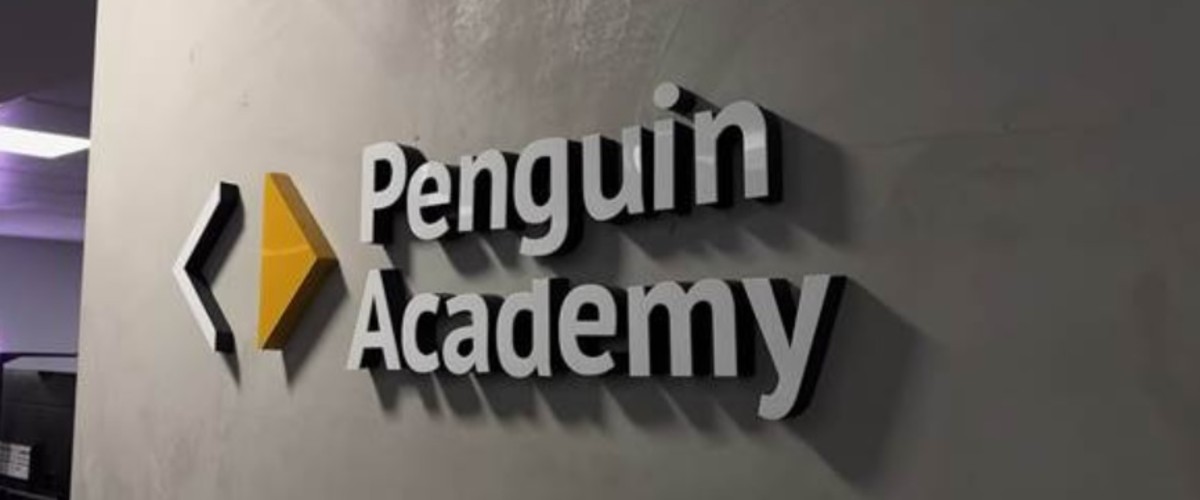“Paraguay Will Become a Hub for Digital Industrial Development Thanks to Bitcoin and AI”: Cecilia Llamosas

With steady growth in the energy and technology sectors, Paraguay has positioned itself among the world’s top four Bitcoin mining centers — a milestone that makes the country a key node in the global digital economy.
This was highlighted by Cecilia Llamosas, PhD in energy policy, who stated that the nation “is living a turning point that may shape its economic and technological development for decades to come.”
“When we talk about artificial intelligence (AI), we talk about infrastructure, and Bitcoin mining has already built much of that foundation,” Llamosas said in a recent interview. “Mining companies in Paraguay have shown remarkable flexibility, being able to reduce their load by up to 90% for 300 hours a year — in just 10 minutes. That shows they are an ally in managing electricity demand, not a threat,” she emphasized.
For Llamosas, Bitcoin mining does not compete with artificial intelligence; it complements and prepares for it. “The industry is migrating globally, and Paraguay will also find ways to channel the same services that mining offers today so that AI can benefit from them,” she said.
She noted that developing AI data centers and the infrastructure built by mining operations share critical needs: connectivity, redundancy, and electrical stability. “In energy terms, there isn’t a substantial difference, but AI requires a level of redundancy that can only be achieved with robust infrastructure — the kind already built by industrial mining,” she explained.
A Sector Already Generating Tangible Value
Llamosas highlighted that Bitcoin mining has not only energized the national power system but also transformed the value-generation model. “Last year, 14% of ANDE’s (the National Electricity Administration’s) revenue came from contracts with miners. And when energy stays in the country, it creates five times more value than when it’s exported,” she detailed.
The expert emphasized that this paradigm shift represents a “maturing of national energy use,” where digital mining acts as a bridge toward a more complex digital economy — one in which Paraguay can become a major regional player.
The latest Global Hashrate Map from Hashrate Index (Q4 2025) confirms this growth: Paraguay now controls 3.9% of the world’s computing power (40 EH/s), ranking fourth globally behind the United States (37.8%), Russia (15.5%), and China (14.1%). The country surpasses powerhouses like the United Arab Emirates and Canada, consolidating its position as South America’s emerging capital of energy-based computing.
“Bitcoin mining in Paraguay is the fourth-largest hub in computing power after the United States and Canada,” Llamosas noted. “This not only brings energy demand — it brings international attention, quality jobs, and places Paraguay at the crest of the technological wave.”

According to the expert, the growth of the digital energy ecosystem will require significant expansion. “We must increase current generation capacity by 40%. That means investments of around $15 billion — and, above all, a new regulatory framework,” she warned.
In this context, Bitcoin mining emerges as a key player in driving new investments in both public and private electrical infrastructure. “There was never private generation investment before because there wasn’t a stable demand to justify it. Today, mining is creating that demand and attracting capital,” she pointed out.
The Opportunity for a New Economy
Llamosas asserted that the rise of digital mining and the arrival of artificial intelligence open an unprecedented horizon for the country. “AI won’t be a marginal issue — it will become the backbone extension of our economy. Whether we have large or small data centers, the closer we are to that economy, the less we’ll remain on the periphery,” she stated.
The transition, she explained, will be gradual but inevitable. “The global trend is clear: major mining firms are allocating part of their capacity to AI development because a megawatt applied to artificial intelligence generates more return and sustainability than one applied to Bitcoin. That trend will soon reach Paraguay, and we must be ready to seize it,” she said.
Finally, Llamosas called for joint action between the government, private sector, and civil society. “Regulators, industries, and families must think about how to participate in this new digital economy. It’s a systemic, cross-cutting opportunity — and we can use it to become truly relevant in the value chain of the future,” she concluded.


